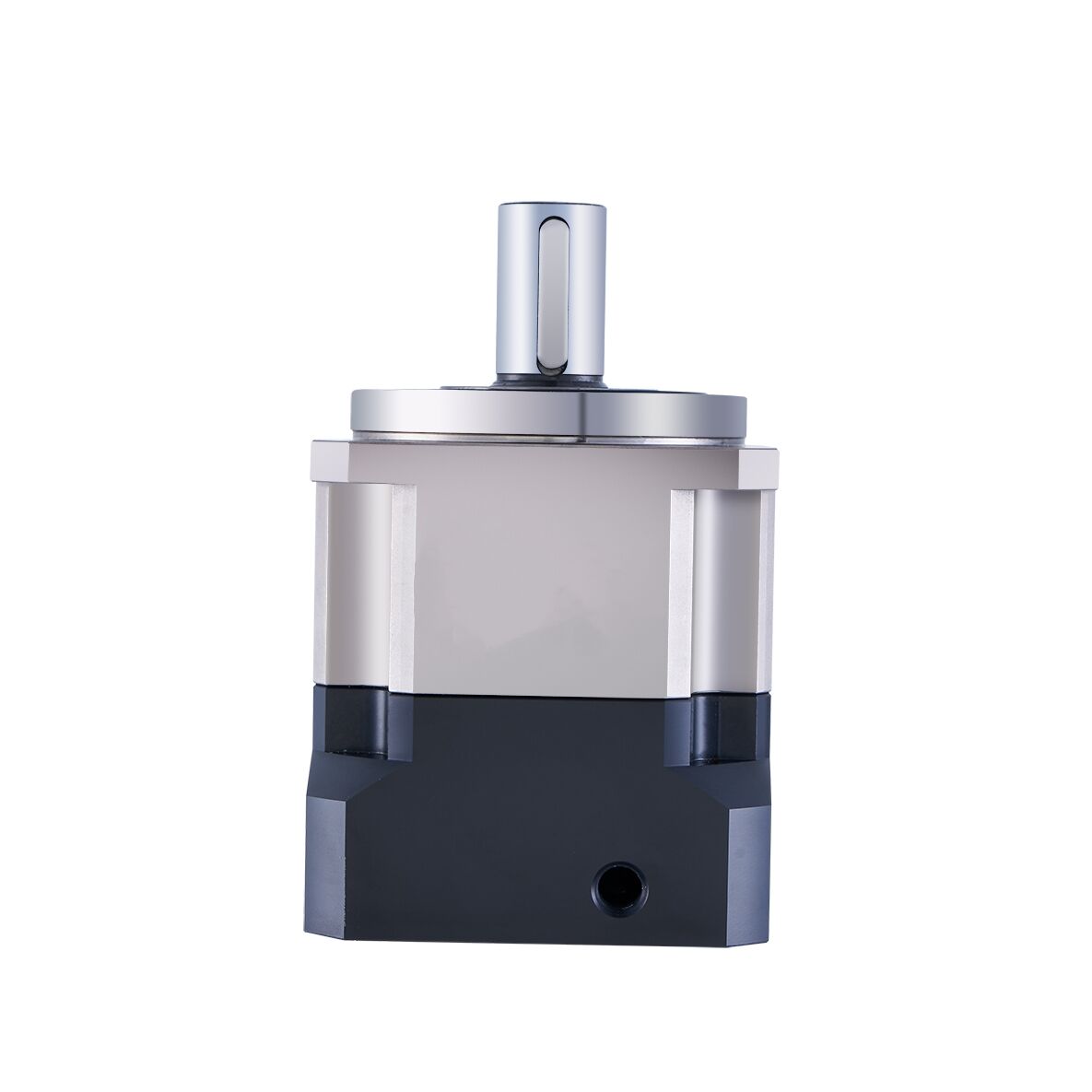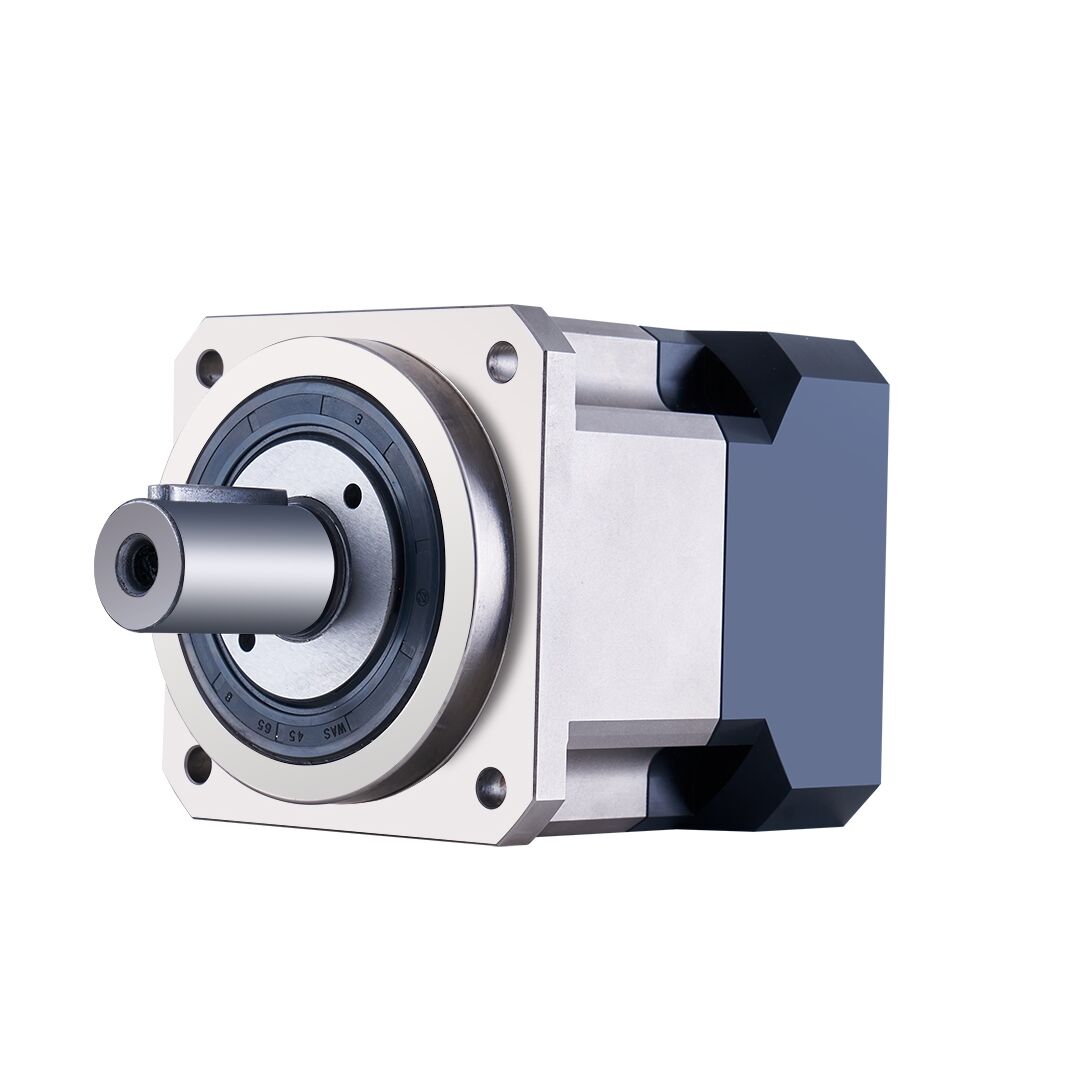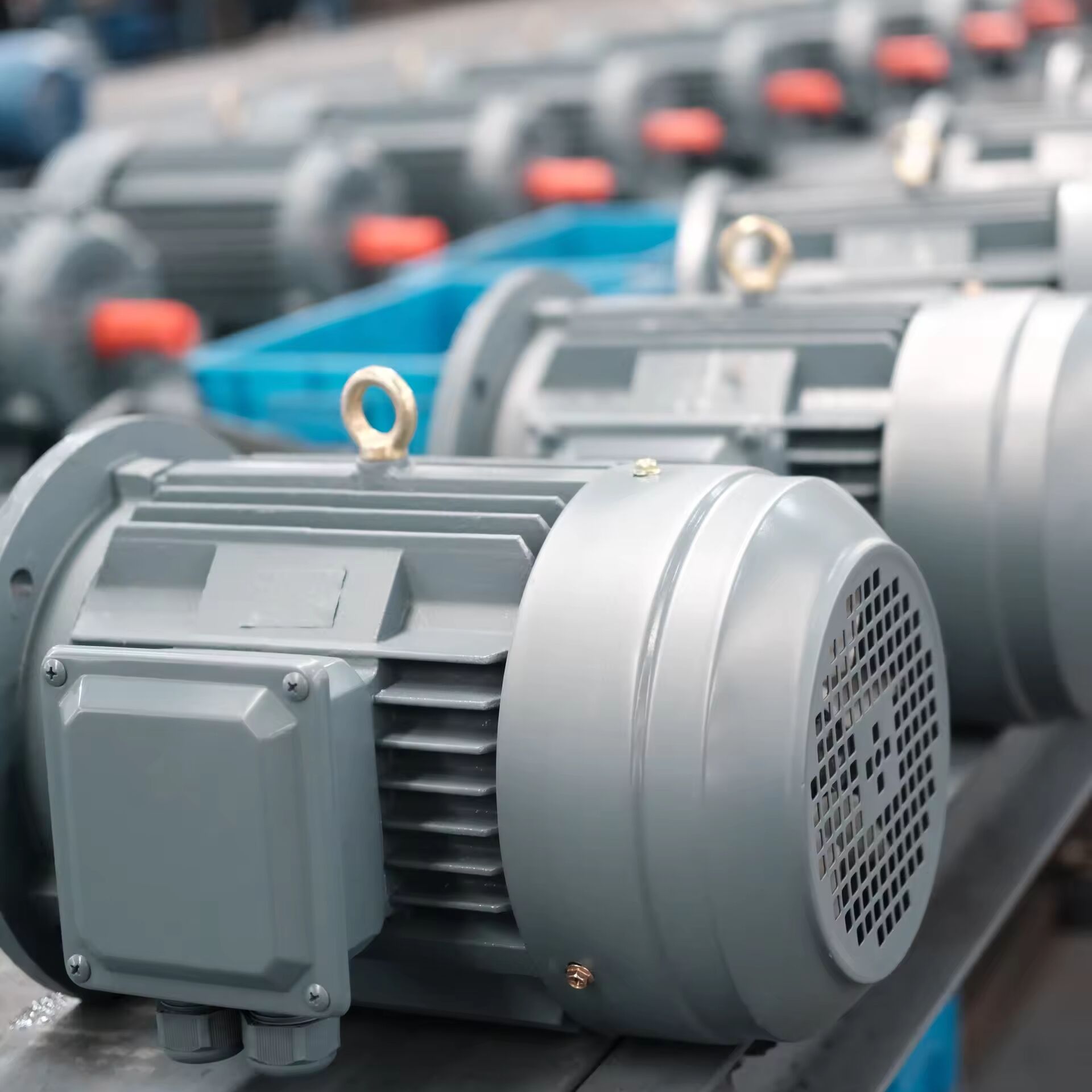servo motor
A servo motor represents a sophisticated precision control system that combines an electric motor with built-in encoding and control mechanisms. This self-contained system delivers precise angular position, velocity, and acceleration control across various applications. The motor consists of a suitable motor coupled to a sensor for position feedback, sophisticated control electronics, and a gearbox for speed and torque optimization. The servo system operates on a closed-loop principle where it constantly monitors its position against the commanded position, making real-time adjustments to maintain accuracy. These motors can rotate with pinpoint precision, typically achieving accuracy levels within 1 degree, making them invaluable in applications requiring exact positioning. Modern servo motors incorporate advanced features such as programmable acceleration curves, multiple positioning modes, and network communication capabilities. They excel in both continuous rotation applications and precise positioning tasks, offering high torque-to-inertia ratios and rapid response times. The system's ability to maintain position under varying loads while providing instant torque makes it essential in robotics, CNC machinery, and automated manufacturing processes.



